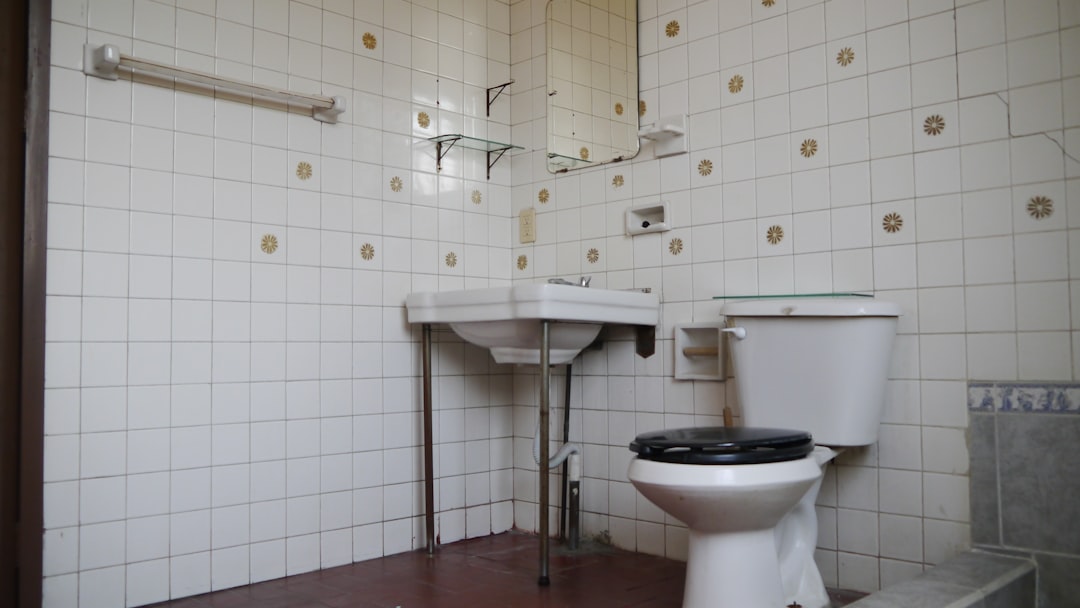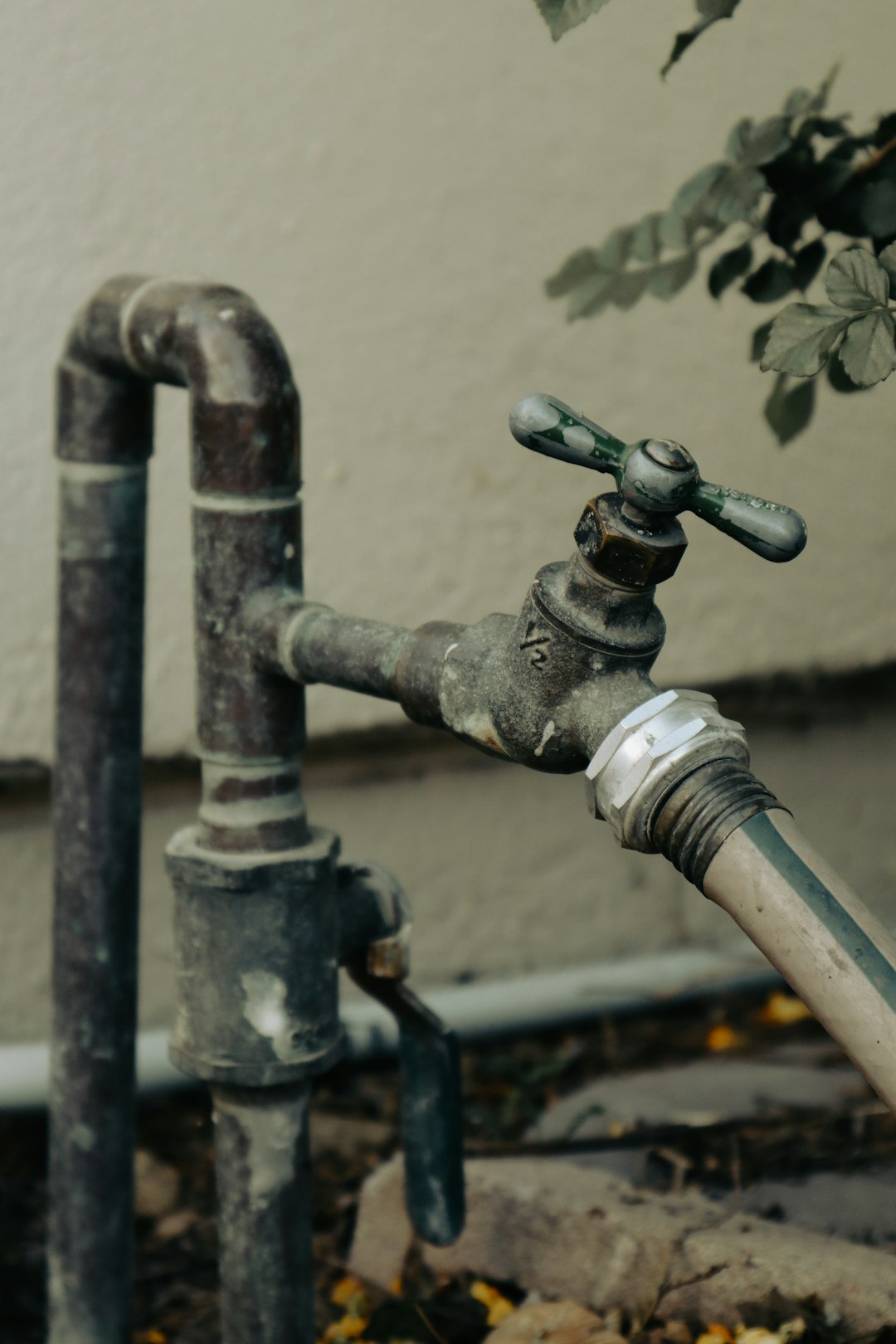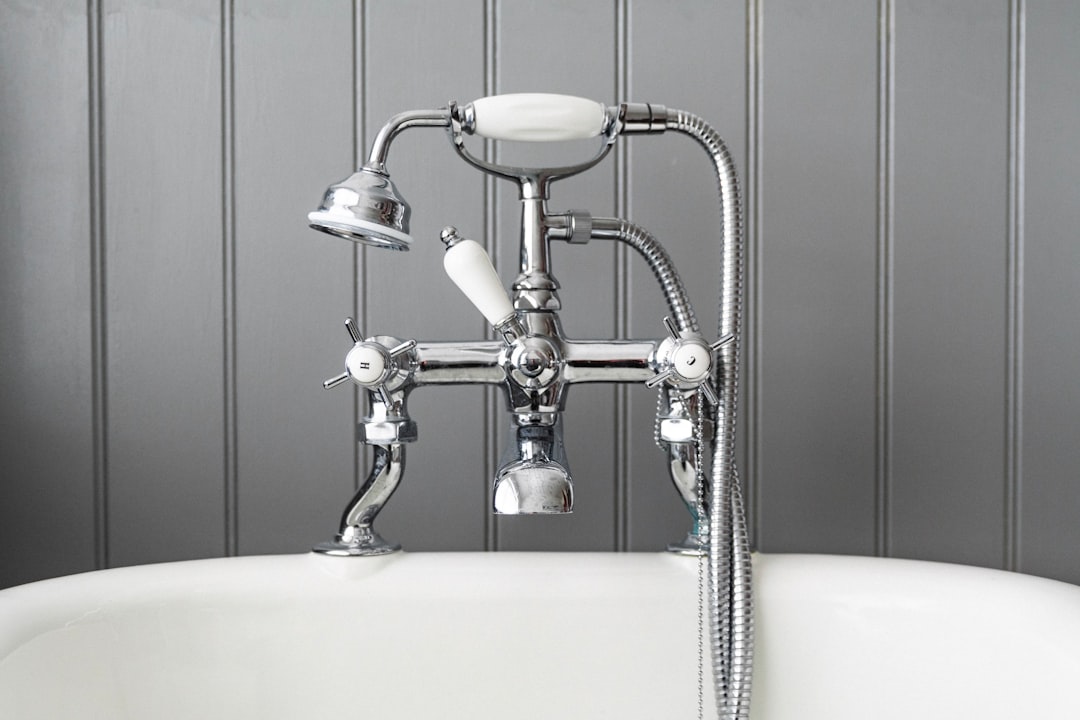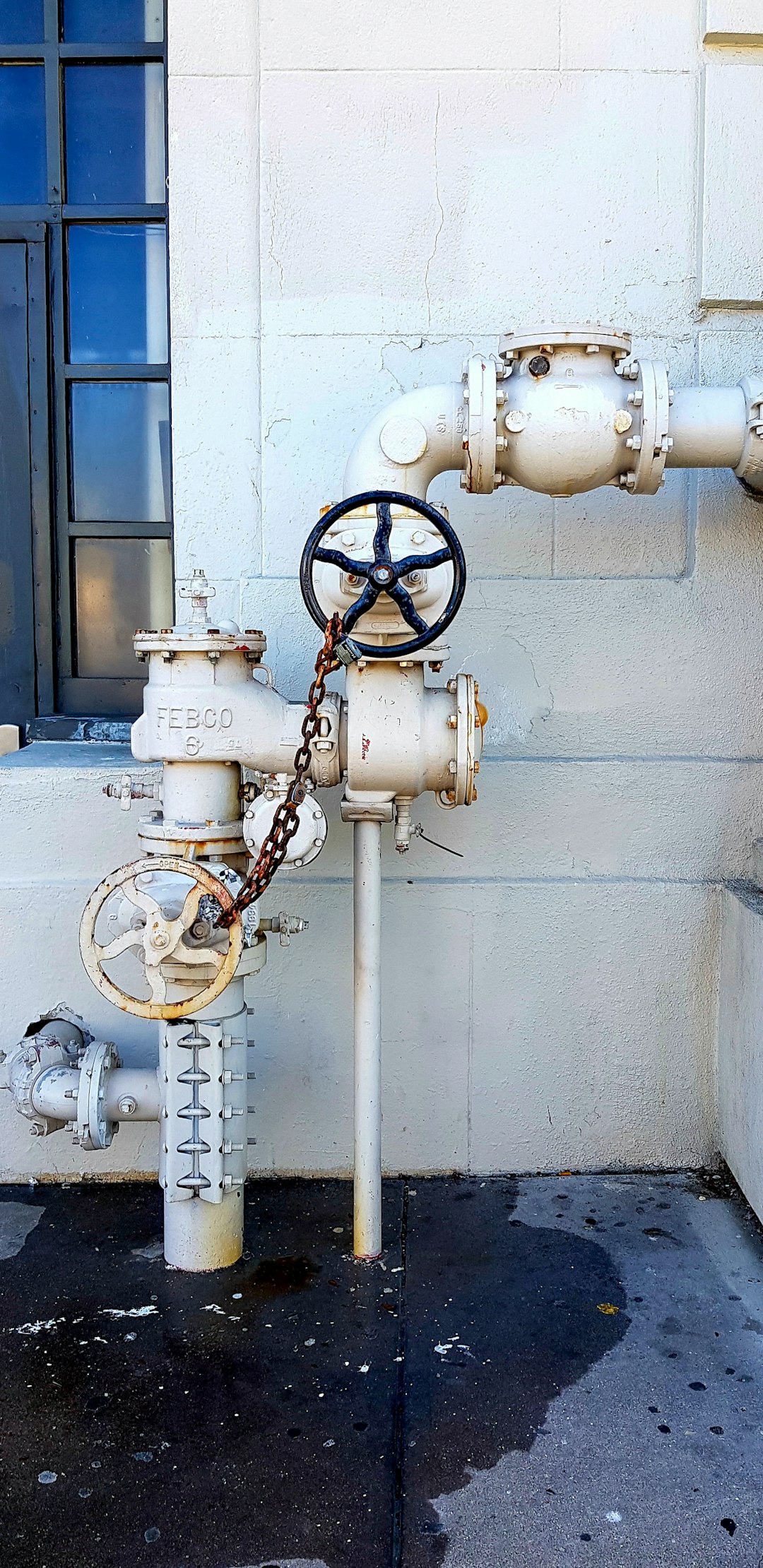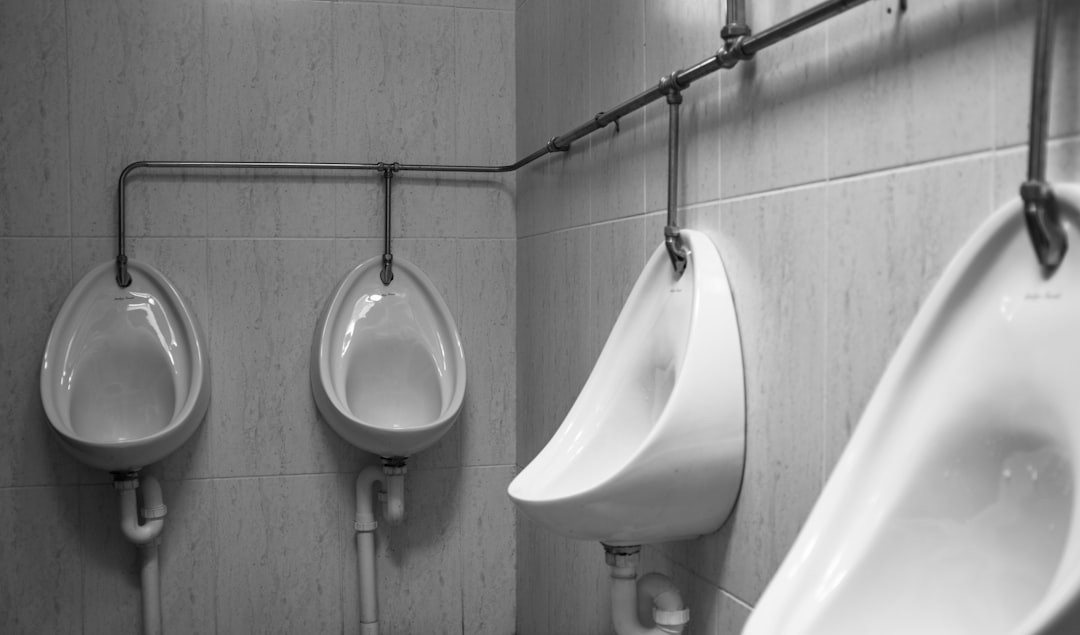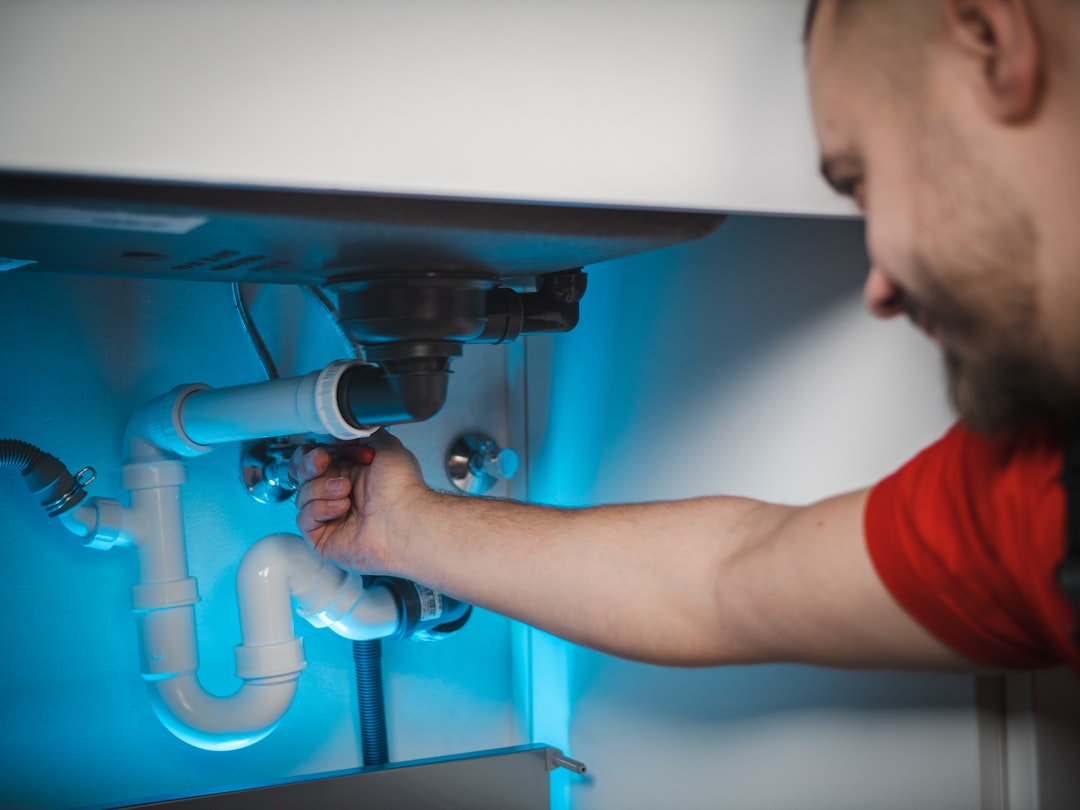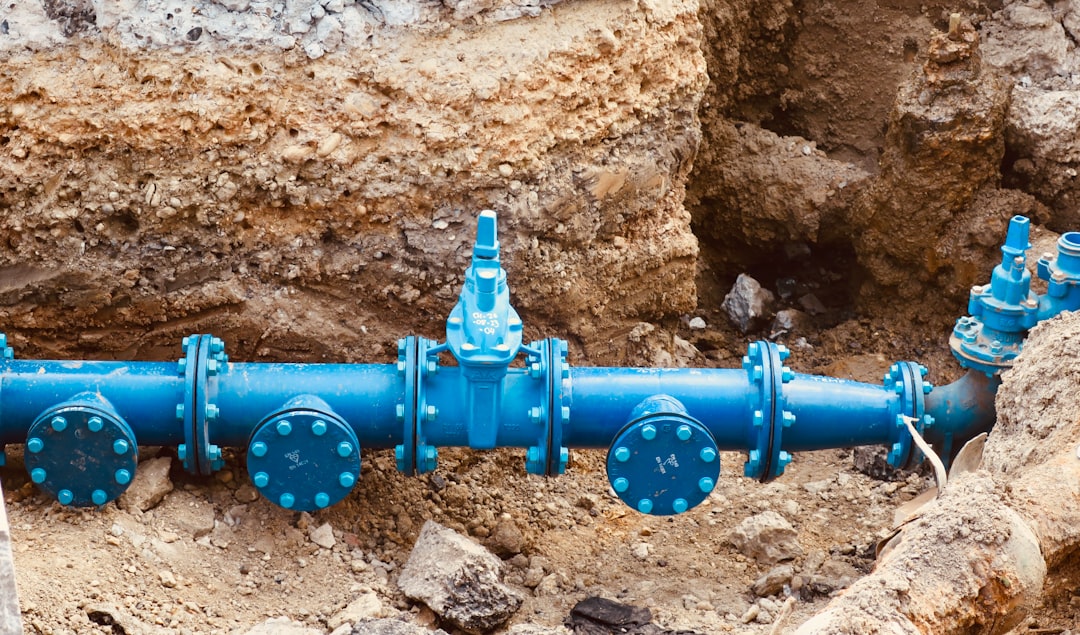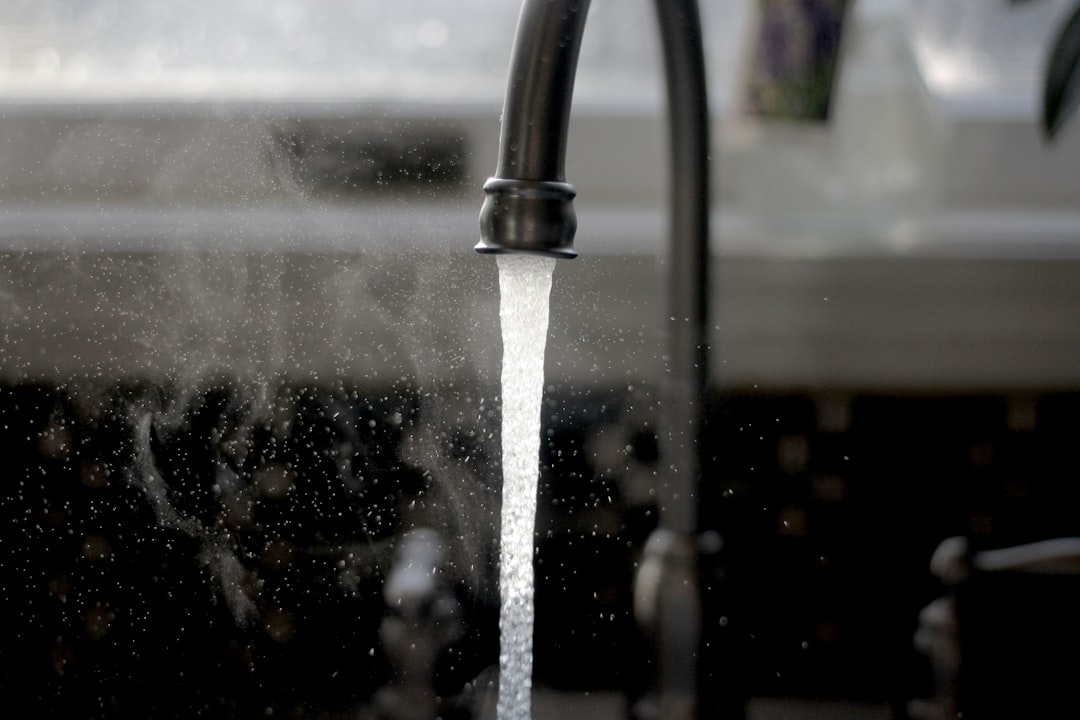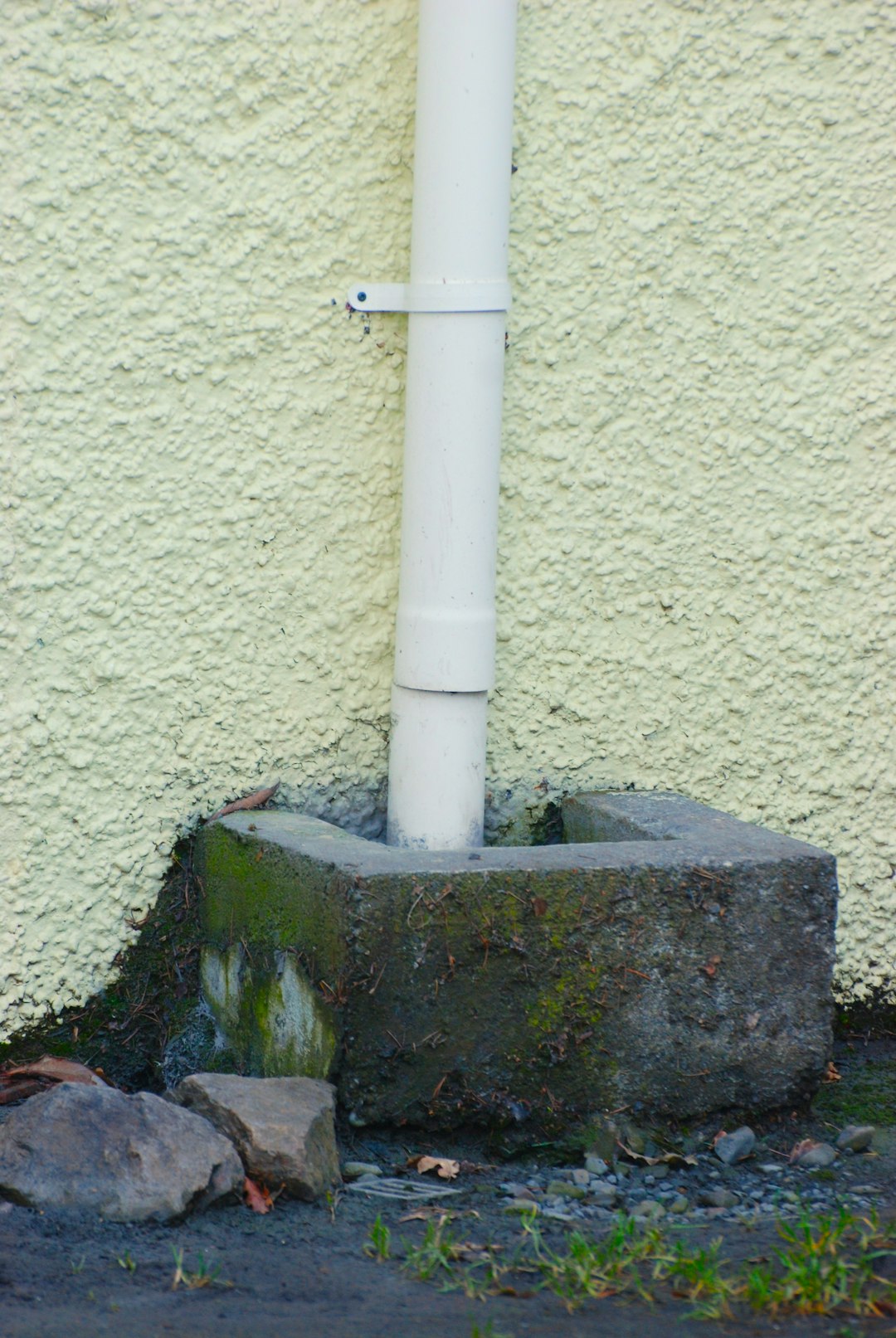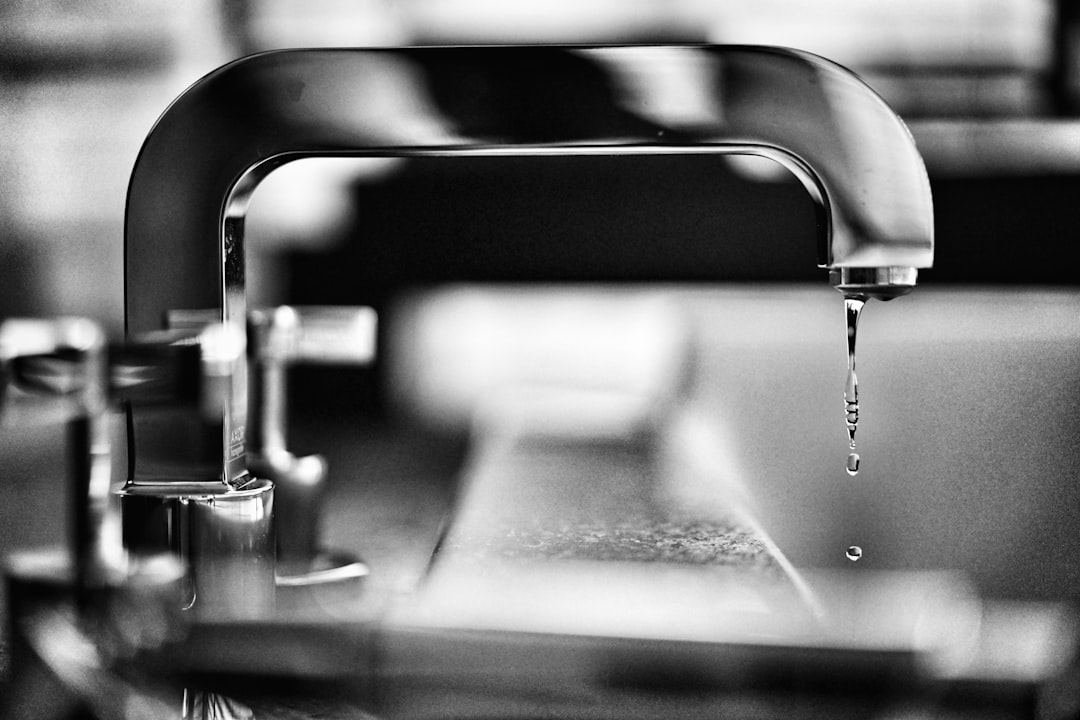Table of Contents
- Introduction
- Freezing temperatures and resulting ice expansion
- Corrosion and deterioration of plumbing pipes
- High water pressure leading to pipe stress
- Poor installation practices and bad workmanship
- Ground movement and settling causing pipe misalignment
- Tree root intrusion damaging underground pipes
- Aging infrastructure and outdated plumbing systems
- Environmental factors such as soil erosion and heavy rainfall
- Conclusion
- Frequently Asked Questions
Introduction
Pipe bursts can seem like a sudden catastrophe, but underlying causes often lurk within the bowels of our plumbing systems, waiting for the right moment to wreak havoc. With the potential for serious damage and costly repairs, understanding these threats is crucial for homeowners and property managers alike. From fluctuating temperatures that freeze your pipes to tree roots that invade underground systems, the reasons for pipe failures are as varied as they are alarming.
In this article, we will delve into the top causes of pipe bursts, uncovering the hidden pressures that lead to these disruptive incidents. Armed with this knowledge, you’ll be better equipped to safeguard your property against such disasters. So grab a cup of coffee, settle in, and let’s embark on a journey to protect our homes from the silent forces that pressure our plumbing systems into failure.
Freezing temperatures and resulting ice expansion
Freezing temperatures are one of the most common causes of pipe bursts, particularly in regions that experience harsh winters. When the temperature drops, the water inside pipes can freeze, turning into ice. As water freezes, it expands, increasing the pressure inside the pipe. This pressure can exceed the pipe’s tolerance, leading to cracks or ruptures.
Typically, pipes that are located in unheated or poorly insulated areas, such as attics, basements, and exterior walls, are more susceptible to freezing. It is crucial for homeowners to be proactive in preventing this issue by ensuring proper insulation and maintaining a consistent temperature in these vulnerable areas. Additionally, during extreme cold spells, allowing faucets to drip slightly can relieve pressure and decrease the risk of freezing. Understanding the impact of freezing temperatures on plumbing systems is essential for effective home maintenance and can save property owners from the expensive consequences of plumbing failures.
Corrosion and deterioration of plumbing pipes
Corrosion and deterioration of plumbing pipes are significant factors that can lead to pipe bursts. Over time, pipes can degrade due to a variety of elements, including chemical reactions caused by the water they carry. Common materials like copper, steel, and PVC can fall victim to this deterioration process.
Factors such as water acidity, temperature, and the presence of certain minerals can accelerate corrosion, making pipes more vulnerable to leaks and breaks.
Additionally, age plays a crucial role; older pipes often show signs of wear and tear, leading to weakened structures. As pipes corrode, they can develop pitting and rust, which compromise their integrity.
In some cases, external environmental factors like ground movement or freezing temperatures can exacerbate the effects of corrosion, increasing the likelihood of a complete failure. Regular maintenance and inspection can help to identify corrosion early, providing the opportunity to replace or repair affected pipes before they burst.
High water pressure leading to pipe stress
High water pressure is a significant factor that can lead to pipe stress and eventual bursts. When the pressure within a plumbing system exceeds safe limits, it can cause excessive strain on pipes, particularly those made of brittle materials. This stress can be exacerbated by factors such as corrosion, age, and wear and tear on the piping system.
As water flows through the pipes at high pressure, it can create vibrations and turbulence, further contributing to the weakening of the pipe material. Over time, these factors can lead to cracks or breaks in the pipe, resulting in leaks or even complete pipe failure.
In addition to the risk of pipe bursts, high water pressure can also complicate repairs and increase the likelihood of damage to fixtures and appliances connected to the plumbing system. Homeowners should regularly check their water pressure and consider installing pressure regulators to maintain safe levels, thus safeguarding their plumbing system from potential catastrophic failures. Understanding the importance of managing water pressure can help prevent costly repairs and water damage.
Poor installation practices and bad workmanship
Poor installation practices and bad workmanship are significant factors contributing to pipe bursts. When plumbing systems are not installed correctly, the integrity of the pipes can be compromised, leading to leaks or bursts over time.
One common issue arises when pipes are improperly fitted or secured, allowing for movement that can create stress points. Additionally, using the wrong materials or fittings can cause compatibility issues, making them more susceptible to failure.
Furthermore, inadequate training or lack of expertise among installation professionals can result in mistakes that may not be immediately apparent. For example, neglecting to account for the thermal expansion and contraction of pipes can lead to fractures, especially in environments with extreme temperature fluctuations.
Regular inspections and adherence to industry standards are essential to mitigate the risks associated with poor installation practices. By ensuring that pipes are installed correctly and using quality materials, homeowners and builders can significantly reduce the likelihood of pipe bursts, leading to more durable and reliable plumbing systems.
Ground movement and settling causing pipe misalignment
Ground movement and settling are significant factors that can lead to pipe misalignment, ultimately causing pipe bursts. As soil shifts due to natural processes like erosion, earthquakes, or heavy rainfall, the pipes buried beneath can become displaced. This movement can place excessive stress on the pipes, resulting in cracks or breaks.
Additionally, soil settling occurs when the earth beneath the pipes compresses or compacts over time, often due to the weight of the soil or structures above. This settling can create uneven support for the pipes, causing them to sag or bend.
Misaligned pipes may not function effectively, leading to leaks or blockages. In severe cases, they can rupture, causing significant water damage and costly repairs. It’s essential for property owners to monitor their plumbing systems, especially in areas prone to geological shifts or where the soil composition is problematic. Regular inspections can help identify potential issues related to ground movement and settling, allowing for preventative maintenance to avoid more serious problems in the future.
Tree root intrusion damaging underground pipes
Tree root intrusion is a common issue that can lead to significant damage to underground pipes. As trees grow, their roots naturally seek out sources of moisture and nutrients, which often leads them to underground plumbing systems. This process can begin when small cracks or leaks in pipes emit water, attracting nearby tree roots. Over time, roots can infiltrate these openings, causing blockages or even full pipe collapse.
Additionally, root systems can exert considerable pressure on the pipe structure, especially in older or more fragile materials. This can result in further cracks and leaks, exacerbating the problem. The intrusion can cause disruptions in water flow, leading to sewage backups or even flooding in severe cases.
Homeowners should be aware of the proximity of trees to their underground plumbing systems and take preventive measures, such as regular inspections and maintenance, to mitigate the damage caused by root intrusion. Identifying the signs of root damage early can save considerable costs and stress in the long run.
Aging infrastructure and outdated plumbing systems
Aging infrastructure and outdated plumbing systems are significant contributors to pipe bursts, leading to costly repairs and extensive water damage. Over time, pipes can deteriorate due to various factors, such as corrosion, material fatigue, and environmental stress. For instance, older pipes made from materials like galvanized steel or cast iron are particularly vulnerable to rust and corrosion, which can weaken their structural integrity.
In addition, outdated plumbing systems may not have been designed to handle the increased water demand of modern households. Fluctuations in water pressure and temperature can put additional stress on aging pipes, making them more susceptible to bursting.
Moreover, many urban areas face challenges related to insufficient funding for maintenance and upgrades, leading to the continued use of outdated systems. Regular inspections and timely upgrades are essential to mitigate the risk of pipe failure and to ensure the reliability of plumbing infrastructure. As the population grows and infrastructure ages, addressing these issues becomes increasingly important.
Environmental factors such as soil erosion and heavy rainfall
Environmental factors play a significant role in leading to pipe bursts, with soil erosion and heavy rainfall being two major contributors.
Soil erosion occurs when the top layer of soil is removed due to wind, water, or human activities, destabilizing the ground that supports underground piping systems. This destabilization can create voids or shifting that exert pressure on pipes, leading to cracks or fractures.
Additionally, heavy rainfall can saturate the soil, increasing its weight and causing it to shift. When the ground becomes overly saturated, it can swell and exert pressure on buried pipes, causing them to buckle or burst.
Moreover, heavy rain can lead to flooding, resulting in water accumulating around pipe systems, creating further pressure points. This combination of erosion and heavy rainfall can significantly increase the likelihood of catastrophic pipe failures, making it essential for property owners to monitor these environmental conditions and take preventive measures as necessary.
Conclusion
In conclusion, understanding the top causes of pipe bursts is crucial for every homeowner looking to protect their property from costly water damage. By recognizing factors such as freezing temperatures, corrosion, high water pressure, poor installation practices, and environmental influences, homeowners can take proactive steps to prevent catastrophic plumbing failures. Regular maintenance, timely inspections, and appropriate mitigation strategies can significantly reduce the risk of pipe bursts. Don’t wait until a minor issue turns into a major disaster; if you’ve noticed any signs of plumbing problems, such as leaks or higher water bills, take action now. For reliable plumbing assistance and expert advice, call 573-555-2121 today! Our experienced professionals are here to help you keep your plumbing system running smoothly and efficiently.
